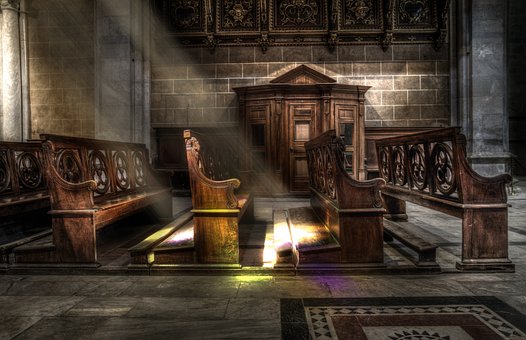In the late 19th century, Iceland was under Danish control. The priest Lucas is assigned the task of going to the island, documenting the life of the local inhabitants with photos and building a church. But between hostile seas and long pilgrimages, the conditions on Icelandic soil prove to be prohibitive, and the atmosphere inhospitable. Soon the expedition, composed among others by the guide Ragnar with whom Lucas immediately comes into conflict, loses pieces and hope.
From Iceland to Denmark and vice versa. Hlynur Pálmason’s first film was Danish, his second Icelandic, so it is fitting that the third is a synthesis that embraces both.
It is not only his best and most ambitious work, but it is also one of the most important titles on the recent European scene. Divided into two distinct parts, Godland repeats the motif of dualism through a series of never harmonious conjunctions: movement and stasis, faith and nature, a man and his nemesis. Again the halves seeking a synthesis, but not without friction. Pálmason’s is a broad and massive film, which sinks into the ground and seems to be born from the elements. Everything is forced into a vaguely oppressive 4:3 format (a “terrible beauty”), which annihilates the viewer but gives a majestic photograph.
The breath is the high one of the cinema Malickbut distorted by an impossible-seeking tension that smacks of Herzog. And then again we are in Godland the powerful spiritual reflections of Scorsese in Silenceas well as the poisonous trifles of the soul, well investigated in other famous big screen rivalries (The oilman Of Paul Thomas Anderson). Important comparisons that Pálmason’s cinema deserves, however, because in every shot there is the passage of time and meticulous research: as already in A white white daythe timelapse gives a sense of the human condition, between evolution and decomposition (specifically one of the most powerful images, that of a horse that belongs to the director’s father, in a process that lasted two years).
Elliott Crosset Hove, in the role of Lucas, is both a sacrificial object and an observing subject, once again a double game, well illustrated by the trestles that dominate him on the shoulders like thorns in the flesh, making him waver. The protagonist of Winter Brothers is opposite that of A white white day (Ingvar Sigurdsson), who acts as a counterpart in the role of a man whose physicality is irrepressible and in harmony with the territory, devoid of the superstructures that hinder poor Lucas.
The clash is cultural, linguistic, moral. In Lucas’s difficult integration with the local community there is a discourse on colonialism, but the digressions of the camera towards the stupendous components of the Icelandic landscape make it clear that the interest of the film is elsewhere, higher; it is guided by a sort of naturalistic pantheism that puts men, countries and religions in brackets. Because the ultimate synthesis is basically that of the elements that unhurriedly smooth the world.
Do you agree with Thomas Tocci?
Write to Tommaso Tocci

